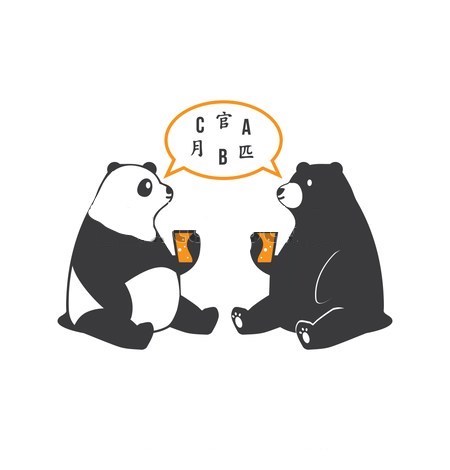What is the Origin of April Fool’s Day?
What is the Origin of April Fool’s Day?
Chinese people call it “The Fools’ Festival”. In some languages, such as Italian, Vietnamese and French, it is known as “April Fish”; Arabs call it “April Lie”. In other languages, it is simply “the first of April” [1]. But how did it start?
On April 1, people (mostly, but not exclusively, in Western countries) play pranks on one another. Often, the media publish funny fake news, and well-known websites, such as Google, make jokes to their users. We seldom think about the origin of this custom: maybe because we don’t have much certain information about it.
Detailed references to the custom started to appear in the eighteenth century. However, at the time the tradition was already widespread throughout northern Europe and it was referred to as an ancient usage. Before this time, only vague or ambiguous references can be found. The question has thus become a puzzle for historians.
“On April 1st, Alva lost his glasses”
Of course, many theories has been put forward. Some say a first association between April 1 and foolishness can be found in Geoffrey Chaucer’s “The Canterbury Tales” (1392). In one of the tales, a cock is in fact tricked by a fox “32 days after the beginning of March”, namely April 1.
According to one of the most widespread explanations, however, the tradition only originated in 1564. That was the year France reformed its calendar, moving the start of the year from the end of March to January 1. April Fool’s Day would then have been invented to make fun of those who failed to keep up with change, and kept stubbornly celebrating New Year’s Day in the last week of March, ending their celebration on April 1. Since the beginning of April falls during Lent, when Christians must abstain from meat, it seems that a popular prank was that of palming fake fish off the unfortunates (and paper fish are still sticked on people’s back in some countries).
In the Netherlands, instead, the origin of April Fools’ Day is often linked to the Dutch victory in Brielle on April 1, 1572, during the Eighty Years’ War with Spain. Dutch children still learn a short rhyme in school to remember this fact: “Op 1 april verloor Alva zijn bril”, namely “On April 1st, Alva lost his glasses” – “Alva” being the Spanish Duke Fernando Álvarez de Toledo, who was “fooled” on this date.
Many other historical episodes are linked to April Fool’s Day. For instance, a British newspaper reported on April 2, 1698 that several people went to the Tower Ditch “to see the Lions washed” – obviously, a non-existing ceremony. Apparently, the prank then became popular and entered the tradition of April Fool’s Day.
Spanish-speaking countries are an exception
A custom similar to that of April Fool’s Day is celebrated in Spanish-speaking countries. However, it falls on December 28, for “El día de los santos inocentes”, or “The Holy Innocents’ Day”. The day is a commemoration of the biblical episode of the massacre of the children of Bethlehem, ordered by Herod the Great shortly after the birth of Jesus. Despite the sadness of the event, the commemoration turned into a day of jokes and pranks.
Then, we can only wish you…a happy April Fool’s Day!
______________________________
Join us or come take a look!
Kolimi is a platform connecting multilingual professionals and the people who need them, in any field of work.
Join us to find new opportunities, or follow us on Facebook, Twitter, YouTube or LinkedIn to discover new things about languages!
______________________________
References
[1] Sage|April Fool’s Day translated into different languages
Hoaxes.com|Origin of April Fools’ Day
Wikipedia|Poisson d’avril [French]
Wikipedia|Día de los Santos Inocentes [Spanish]







